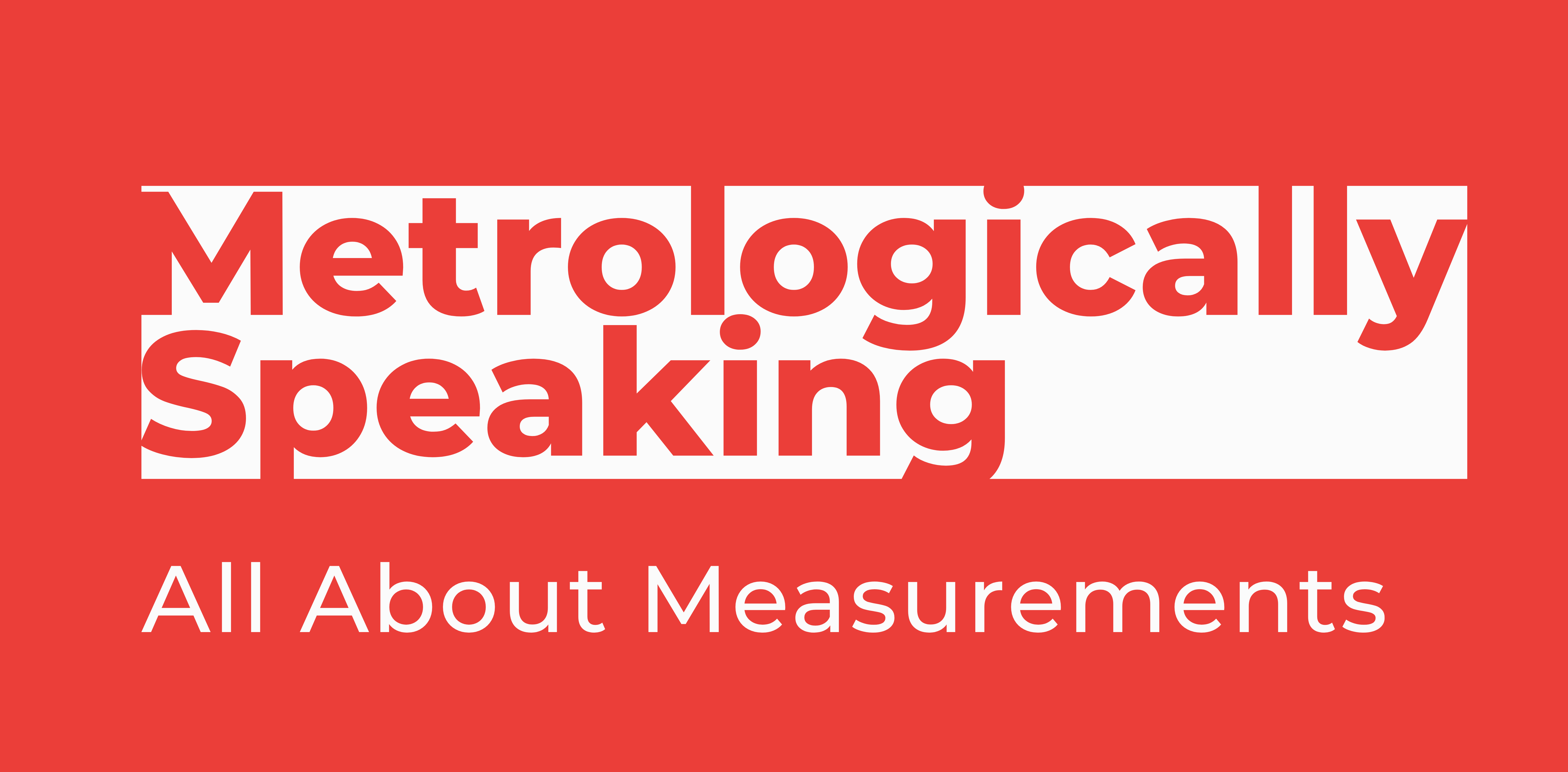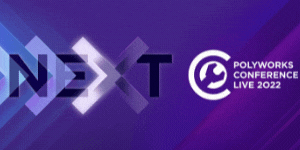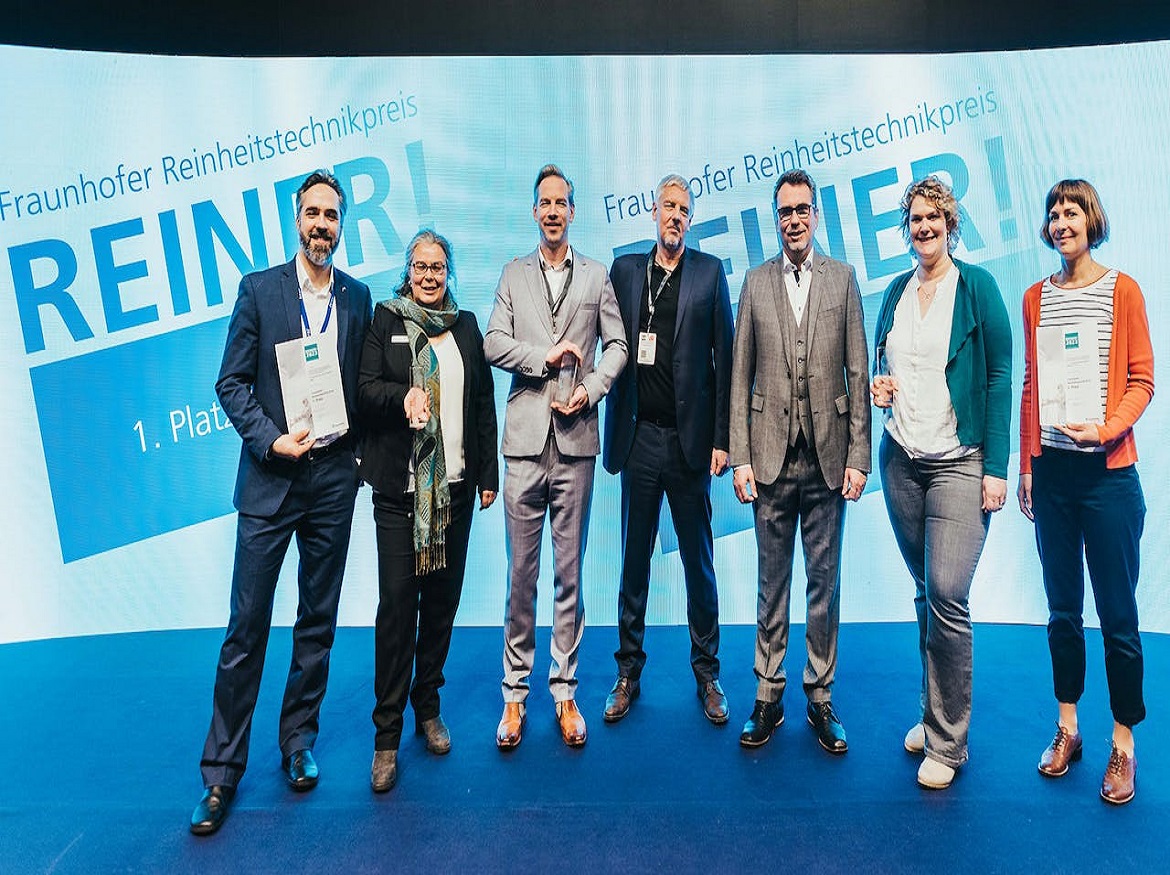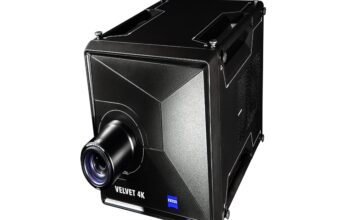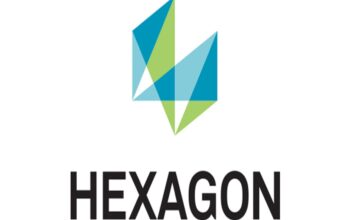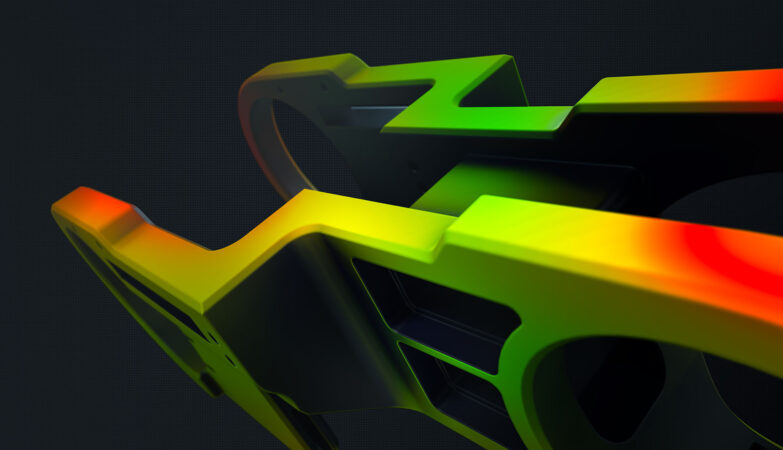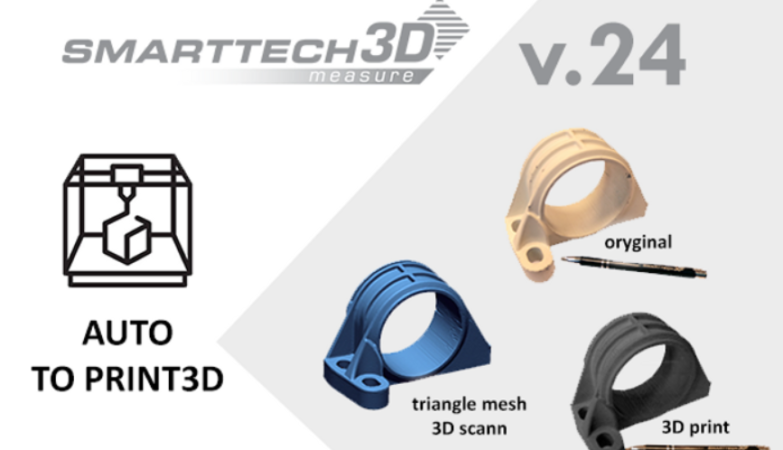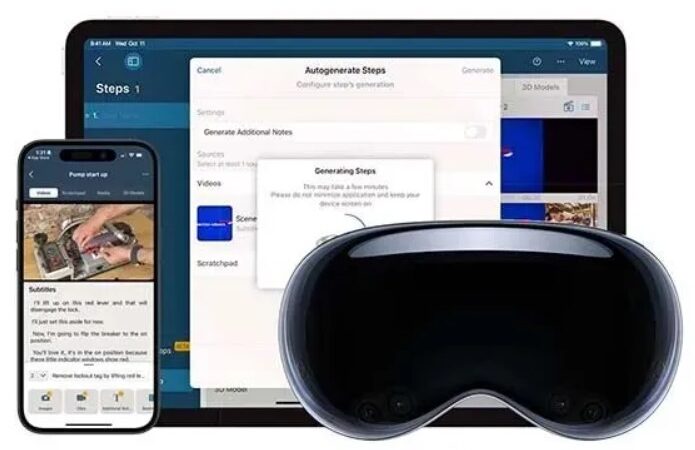New Machine-Learning Algorithms for Particle Analysis
- Machine-learning-based object classification reduces manual re-inspection
- Technical Cleanliness Analysis (TCA) module increases the utilization of microscopes
- TCA optimizes the technical cleanliness process
The Fraunhofer Cleanliness Technology Award REINER is the accolade bestowed by the cleaning sector. The first prize went to ZEISS in 2023. The business received an award from a world-class expert jury for its novel machine-learning algorithms that optimize particle classification throughout the technical cleansing process. a breakthrough that specifically boosts operator productivity.
Dr. Jati Kastanja, Product Manager, ZEISS Research Microscopy Solutions, emphasized, “We are extremely glad that the judges see the enormous practical added value of our solution for consumers. She played a key role in advancing the creation of the software module TCA along with her group. a success. Dr. Jati Kastanja claims that the machine learning approach used in the TCA module “stands out from the previous state of the art.” and provides significant benefits for users. The approach, which is simple to apply in industrial settings, relieves operators, enhances findings comparability, and makes better use of microscopes.
Automated instead of manual
Automated type classification enables notable improvement in productivity and resource efficiency. In the standard procedure, particles are automatically split and categorized by particle type based on a determination of their grey scale. However, the operator must frequently manually recheck and reclassify data using this method. The approach is now far more effective when this is combined with a machine learning-based object categorization model that has already been developed. This procedure involves creating a large number of uncorrelated decision trees using the pre-trained model to aggregate and analyze the particle measurement findings collected using the conventional method. A reproducible majority judgment is an outcome. The findings of the traditional greyscale determination are overwritten by the machine learning-based object classification, leading to a more selective classification of metallic particles if particles are discovered that were previously incorrectly categorized as non-metallic. The ZEISS TCA module with machine learning extension was pre-trained with correctly categorized particles and can be individually further taught by the user with low effort investment.
A solution that drives the purity industry forward
Demands for technical cleanliness across all industries are increasing as a result of modern manufacturing methods and quality standards. Productivity does not suffer when using the TCA module. Instead, the ZEISS solution enables industrial users to identify the quantity, type, and source of process-critical particles quickly, simply, and effectively. Thus, the ZEISS innovation has the ability to “drive the economy and cleanliness industry forward,” as the Fraunhofer Institute for Manufacturing Engineering and Automation IPA phrased it in honor of the REINER! 2023 prize.
Click on the following link Metrologically Speaking to read more such news about the Metrology Industry.
